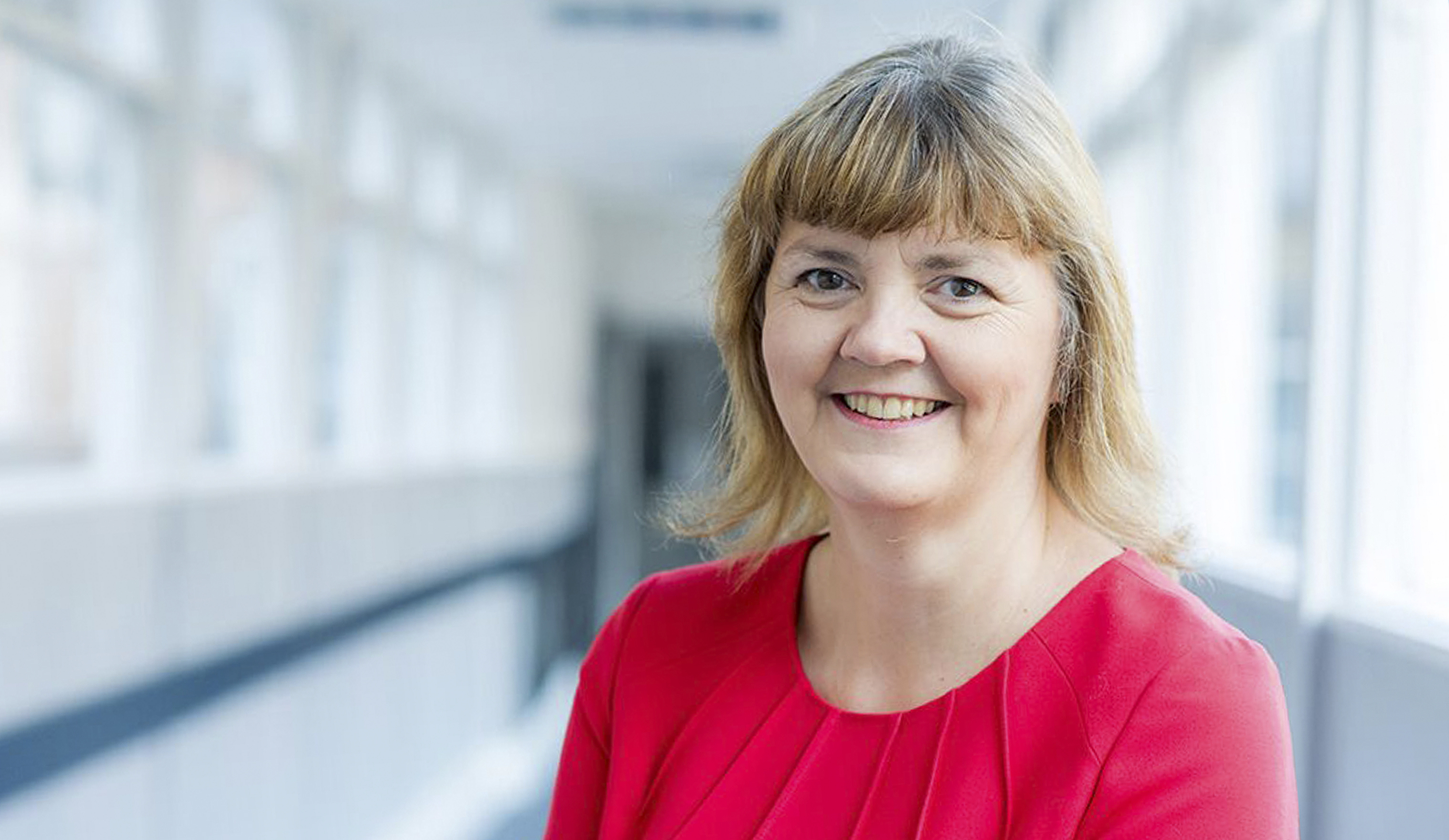

What are you trying to do and why?
Council has set out to ensure the CSP and physiotherapy profession have transparent, effective and modern governance systems in place. That means that we will have a council which provides inspiring and strategic leadership for the whole profession. One which holds the CSP organisation to account on delivering its strategic plan and providing value for money for our subscriptions. As part of that, we'll be reducing the number of people on council so it's much smaller.
Is this proposed change definitely going to happen now?
Council have agreed their preferred model and this is what we are presenting to the membership. But members will have the final say at the AGM in November on whether it is implemented.
If it gets the green light at the AGM when will the change take place?
If members support the change, we will immediately start the process for electing a new council. Members will be asked to put themselves forward early in 2018 with the results expected in March. The aim is for the new council to take office in April.
What makes you think a smaller council will be more effective?
It is very hard with 27 people in the room to ensure everyone has a say and to have meaningful debates, building on each other's contributions. All the evidence suggests that a smaller council enables better debate and decision making. Anecdotally, advice from governance experts is that a board of between nine and 12 provides for effective decision making. The new council would also be working at a more strategic level than the present one. It will focus on the best outcome for the whole profession rather than the individual constituencies which they currently represent. We are hoping to attract inspiring and enthusiastic people from across the whole membership so we end up with the 12 best leaders elected.
What will happen to the existing council members?
All the existing council members have taken the decision to stand down, even if their term of office hasn't yet ended. This will help to enable the change in a smooth and timely way. Where existing council members haven't already served the new maximum length of office (a maximum of two terms of four years for each term) they are eligible to stand for re-election, and I hope some do.
Will the members be democratically elected?
Because we are a trades union we have to hold a postal ballot for a fully elected council. All members of the CSP will be able to vote in the elections for their preferred candidates. We will continue to use single transferable voting. That's what members are used to. It's really important that members use their vote to ensure the best 12 candidates are elected with support from across the whole membership.
I work in Wales. If my country is not represented, how will that affect CSP decisions affecting Wales?
Wherever you live it's really important that council make the effort to hear your concerns and act on them. We are proposing to move away from a model of representation of individual constituencies based on where you live or your type of work. Instead, we would have a model of leadership where all council members would need to consider the needs of the whole membership. As I've said earlier, we want to end up with the 12 best leaders. This may well mean there isn't one from your country or region, or it may mean there are several.
Council will have to ensure it communicates effectively with the membership wherever they live to understand their pressures and priorities. The CSP has offices in each country, with staff dedicated to working with members in each of those countries. There are also membership structures in place to support different groups of members, including the country boards and regional networks. I would expect council to work closely with these existing structures and develop new ones to make sure it brings on board a diverse range of views and opinions.
How will I be able to influence the new council's decisions?
First and foremost, they will be accountable to you as you will have elected them. Unlike the present arrangement, where all council papers are only made available to council members, we will post non-confidential papers on the CSP website in the future. This more transparent approach will give you a chance to know more about what is going on. All council members can be contacted personally via email should you have a particular issue of concern. They would be delighted to receive feedback from you.
You can also expect council members to seek your views at events such as country board meetings, various network meetings and the annual representative conference (ARC). They will also be inviting members to apply to be on CSP committees, short life working groups and other types of networks, and to get involved in consultations and events where they will be able to influence policy and decisions.
How will the CSP council deal with complex issues, such as higher education, when it doesn't have education representatives on it?
Our members have a high level of expertise in their specialist areas. But even with the current model, it is very unlikely we would solely rely on the expertise of individual council members for complex issues to ensure our position is fully informed and robust. The CSP has some very able staff drawn from different areas of expertise, and already these staff and council draw on the knowledge and skills of members who work in different sectors or hold positions of influence to inform our decisions.
How will the proposed council take account of employment issues without industrial relations reps on it?
The plan is to have an employment committee who will have the delegated authority to consider issues relating to our work as a trades union, including members' employment and pay. It would make recommendations to council. It is envisaged that this committee will be made up of members with a particular interest and expertise in these issues. The committee and CSP staff would be expected to consult widely with affected members which would help inform council in their decision making.
I want to stand for the new council. How do I start?
That's great news. Details of how to apply will be made public after the AGM, but in the meantime why not talk to a council member about their experience, so that you understand what it entails?
Also, have a think and discuss with your colleagues what you would want to achieve if you were successful. Then you can start to put together an election address encouraging people to vote for you. FL
Author
Catherine PopeNumber of subscribers: 2
